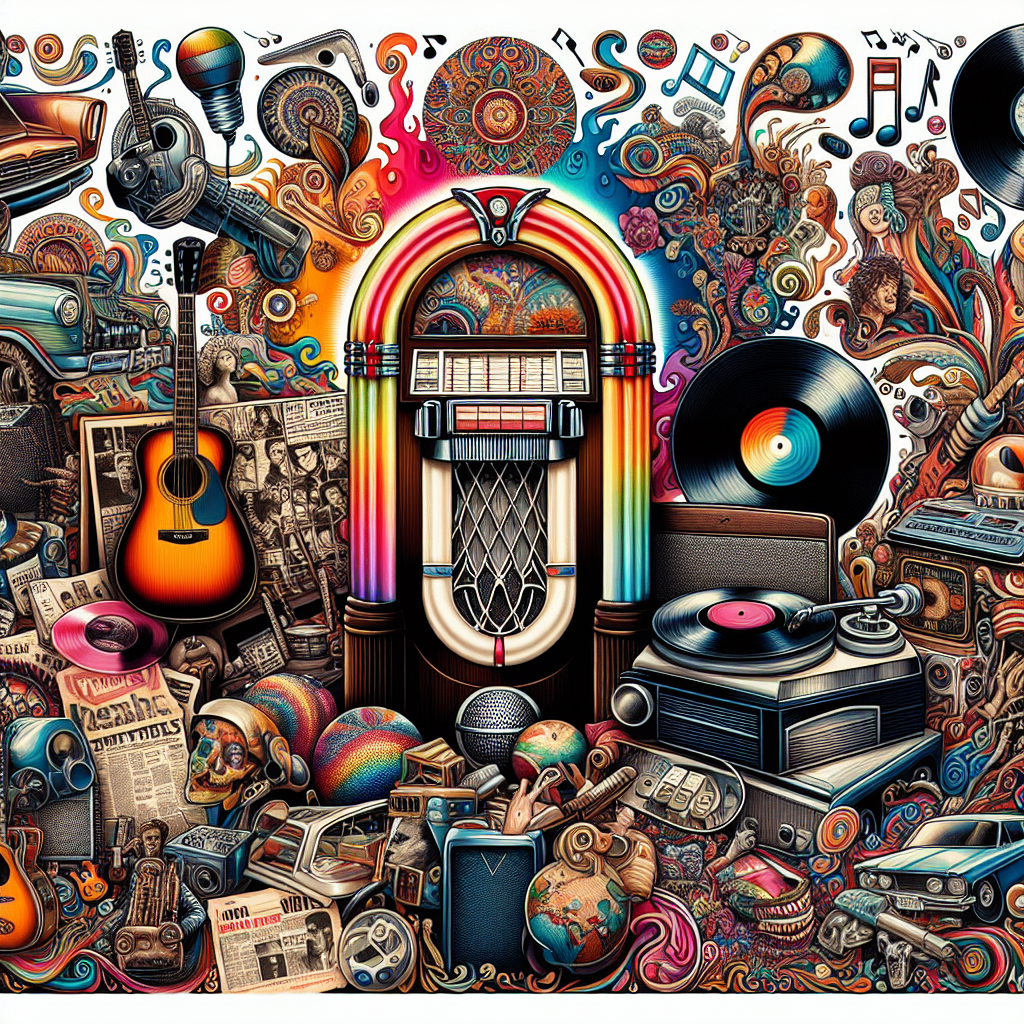The 1960s and 1970s were a time of immense change and upheaval in American society. From the civil rights movement to the anti-war protests, people were coming together to fight for social justice and equality. Music played a crucial role in reflecting and shaping these movements, with revolutionary songs becoming anthems for change.
Musicians like Bob Dylan, Joan Baez, and Pete Seeger used their music to speak out against injustice and oppression. Their songs became rallying cries for those fighting for civil rights, women’s rights, and an end to the Vietnam War. These artists were able to capture the spirit of the times through their lyrics and melodies, inspiring millions of people to join them in their quest for a better world.
Politicians also took notice of the power of music in shaping social change. Candidates like John F. Kennedy and Lyndon B. Johnson used popular songs in their campaigns to connect with younger voters and convey messages of hope and progress. Music became a tool for politicians to reach out to a new generation of voters who were eager for change.
The culture of the 60s and 70s was heavily influenced by music. Artists like Jimi Hendrix, Janis Joplin, and The Beatles revolutionized not only the sound but also the fashion of the era. Their bold styles and experimental sounds pushed boundaries and challenged societal norms. Music became a way for people to express themselves creatively and push back against conformity.
Technology also played a significant role in shaping music during this time. The invention of new recording techniques allowed artists to experiment with different sounds and create innovative new genres. This technological advancement gave musicians more freedom to express themselves artistically and push boundaries in ways that had never been possible before.
Overall, music in the 60s and 70s reflected the social changes happening around it while also playing a key role in shaping those changes. It provided a voice for those who felt marginalized or oppressed, uniting people from all walks of life in a common cause. Revolutionary songs became anthems for social justice movements, inspiring generations of activists to continue fighting for equality and progress.


Get involved!
Comments